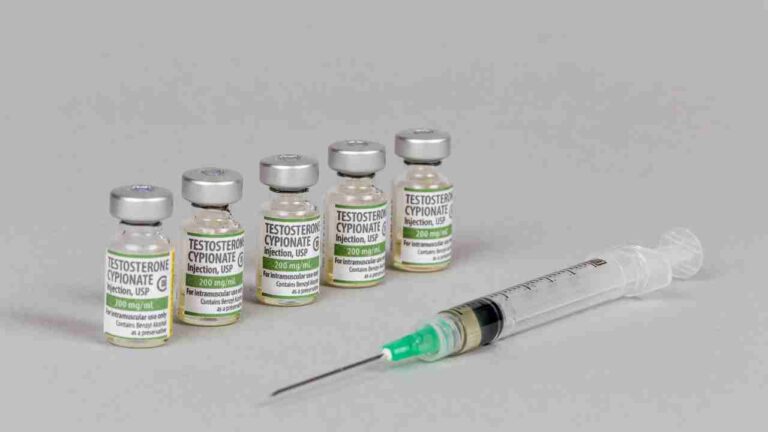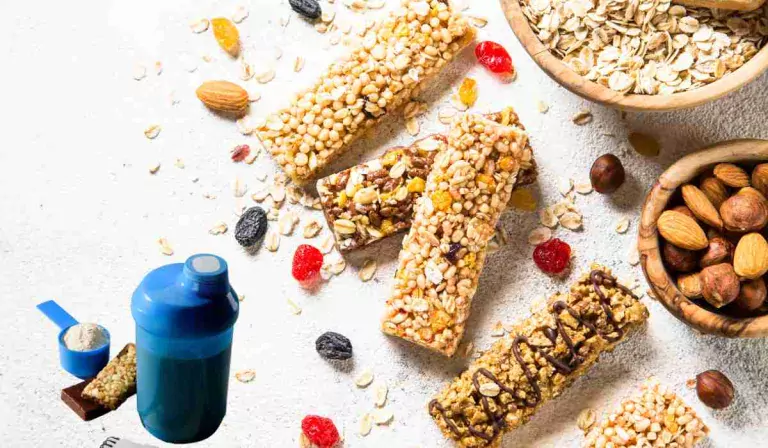Oral health is a vital component of overall health and well-being. If you do not practice good oral hygiene, this can lead to dental cavities, gum disease, bad breath, and other health issues. Fortunately, improving your oral care routine doesn’t have to be complicated or time-consuming. Incorporating just a few key habits can make a big difference. Here are 6 of the best tips for improving your oral health:
Practice Proper Brushing Techniques
One of the fundamentals of good oral hygiene is proper brushing. Many people simply brush side-to-side quickly without paying attention to technique. However, the ADA (American Dental Association) recommends angling your toothbrush at a 45-degree angle towards your gums. Gently brush using circular motions, making sure to reach all surfaces of each tooth. Take your time and brush for a full two minutes twice per day. Rushing through brushing decreases effectiveness.
Floss Regularly Between Teeth
While brushing cleans surface areas of teeth, flossing is critical for cleaning in between teeth and around the gumlines where plaque and bacteria easily build up. Floss gently between teeth at least once per day, taking care not to skip areas. If you are new to flossing, your gums may bleed at first. Stay diligent, and after a few weeks, your gums will toughen up. Make flossing the final step of your oral care routine at night.
Be Aware of Your Sleeping Habits
Sleeping with your mouth open can dry out your mouth, allowing bacteria to grow. Saliva acts as a natural cleanser for teeth, helping neutralize acids and wash away food debris. Without adequate saliva flow, tooth decay and gum disease can occur more easily. One of the best ways to moisten your mouth before bed is to drink water. You can also use an oral moisturizing gel/paste or a humidifier. If you regularly sleep with your mouth open or snore, check this article on how to not sleep with your mouth open. Getting quality sleep is vital for whole-body health.
Limit Sugar and Acidic Foods/Drinks
A diet high in sugars and acidic foods and drinks contributes greatly to enamel erosion, cavities, and other oral health problems. Soda, fruit juices, candy, bread, chips, and other refined carbohydrates act as fuel for the bacteria in your mouth to produce acids. These acids destroy tooth enamel, allowing decay to set in. Limit snacking throughout the day and be selective about the snacks you do eat. Choose healthy options like cheese, vegetables, plain Greek yogurt, and nuts over sugary sweets.
Invest in an Electric Toothbrush
Electric toothbrushes provide power that increases cleaning efficiency over manual brushing. They are designed to remove plaque through rapid pulsations and oscillations of the brush head. This helps break up and sweep away the sticky film better than human dexterity alone. Using an electric brush properly also enhances gum stimulation. Just be sure to avoid pressing too hard, allowing the brush to do most of the work.
See Your Dentist Regularly
Even if you have perfect oral hygiene habits, visiting your dentist twice per year is imperative for protecting your smile. Your dentist examines areas that are difficult to evaluate yourself, checks for visual signs of decay, tests for gum disease, and screens for oral cancer. They can catch small issues before they become complicated problems. Regular exams and cleanings also get rid of hardened plaque below the gum line that you can’t reach through flossing and brushing. Keeping up with appointments ensures many more years of healthy teeth and gums.
Incorporating these simple yet effective tips into your daily and weekly routines doesn’t require drastic changes. Small improvements make a big difference over time. Focus on being consistent rather than perfect with oral health habits. Your smile and overall body will thank you.







